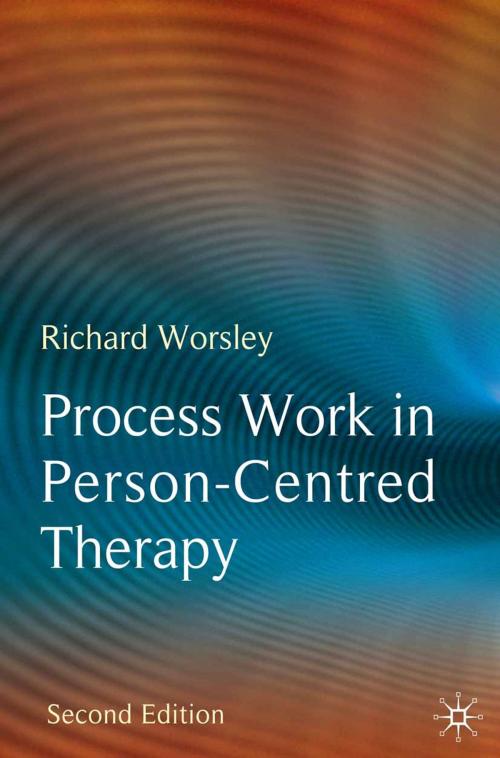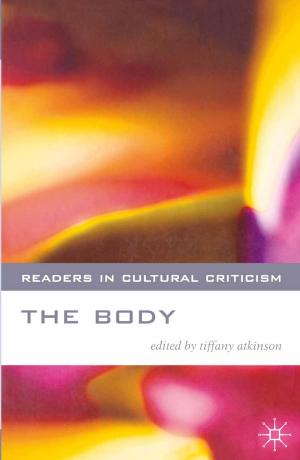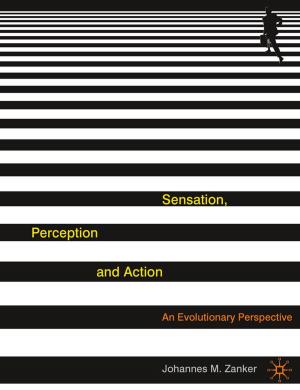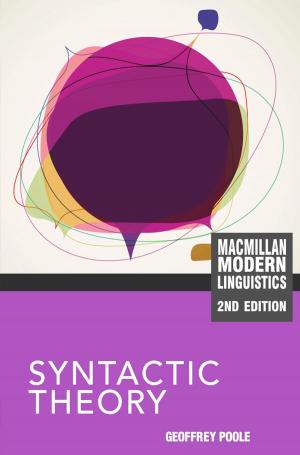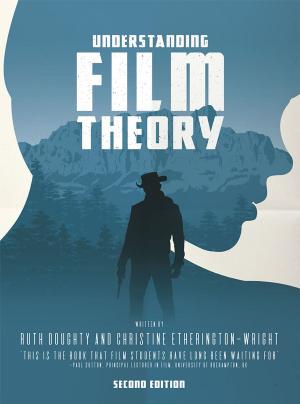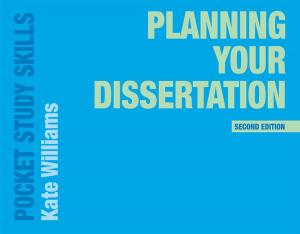Process Work in Person-Centred Therapy
Nonfiction, Health & Well Being, Psychology, Psychotherapy, Medical| Author: | Richard Worsley | ISBN: | 9781137285867 |
| Publisher: | Macmillan Education UK | Publication: | September 16, 2009 |
| Imprint: | Red Globe Press | Language: | English |
| Author: | Richard Worsley |
| ISBN: | 9781137285867 |
| Publisher: | Macmillan Education UK |
| Publication: | September 16, 2009 |
| Imprint: | Red Globe Press |
| Language: | English |
This unique and important book breaks new ground in the theory and practice of person-centred psychotherapy by focusing on the issue of process.
Process belongs to both client and counsellor. Worsley conceptualises process in relation to the core principles of the person-centred approach but also to the humanistic and phenomenological roots of person-centred therapy. Combining academic rigour with the wisdom of an experienced clinical practitioner, he opens up a more inclusive and integrative way of being with clients that nonetheless chimes with classical person-centred principles.
The book features:
• Activities and vivid case studies to illustrate and expand on the theoretical points being developed, allowing the reader to see easily how these might apply to practice.
• Engagement with theoretical approaches such as transactional analysis and Gestalt, as well as discussion of philosophy, spirituality and psychopathology.
• New discussion of the processes involved in mental illness, drawing on the work of Prouty and Warner to understand the client's world of experiencing.
• New material on the plural self and configurations of the self.
This unique and important book breaks new ground in the theory and practice of person-centred psychotherapy by focusing on the issue of process.
Process belongs to both client and counsellor. Worsley conceptualises process in relation to the core principles of the person-centred approach but also to the humanistic and phenomenological roots of person-centred therapy. Combining academic rigour with the wisdom of an experienced clinical practitioner, he opens up a more inclusive and integrative way of being with clients that nonetheless chimes with classical person-centred principles.
The book features:
• Activities and vivid case studies to illustrate and expand on the theoretical points being developed, allowing the reader to see easily how these might apply to practice.
• Engagement with theoretical approaches such as transactional analysis and Gestalt, as well as discussion of philosophy, spirituality and psychopathology.
• New discussion of the processes involved in mental illness, drawing on the work of Prouty and Warner to understand the client's world of experiencing.
• New material on the plural self and configurations of the self.
